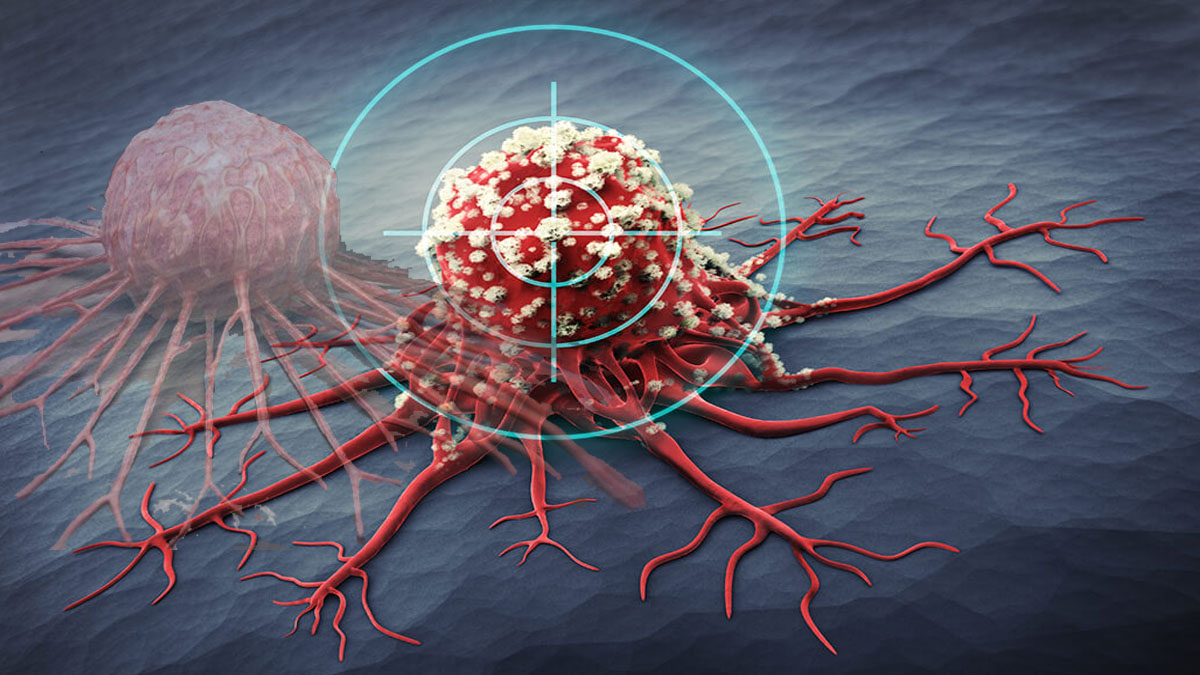A team of scientists at Rice University in the United States has received $45 million in funding to develop sense-and-respond implant technology that could reduce cancer deaths by over 50 percent. The grant, given to a group of scientists led by Rice University and hailing from seven different states, would hasten the creation and assessment of a novel cancer therapy strategy. With this strategy, the effectiveness of immunotherapy for patients with difficult-to-treat tumours like ovarian, pancreatic, and other malignancies will be markedly improved.
“Instead of tethering patients to hospital beds, IV bags, and external monitors, we’ll use a minimally invasive procedure to implant a small device that continuously monitors their cancer and adjusts their immunotherapy dose in real-time,” Rice bioengineer Omid Veiseh, the principal investigator (PI) on the ARPA-H cooperative agreement, said in a statement.
When used for cancer immunotherapy, closed-loop therapy—a strategy that was previously used to manage diabetes—is revolutionary. It involves constant contact between an insulin pump and a glucose monitor.
The team consists of engineers, healthcare professionals, and a wide spectrum of specialists from various sectors, including synthetic biology, materials science, immunology, oncology, electrical engineering, and artificial intelligence, among others. THOR, an acronym for “targeted hybrid oncotherapeutic regulation”, is the name of this collaborative initiative and its team. The THOR-developed implant is known as HAMMR, which stands for “hybrid advanced molecular manufacturing regulator”.
|Foreign Media





